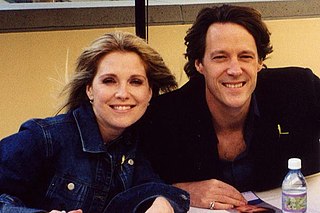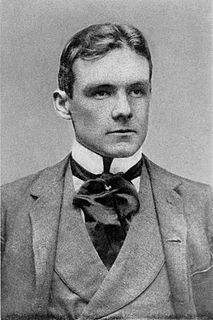A Quote by Laurel Nakadate
Also, I'm drawn to moments of ambiguity, when things could go right or they could go wrong. I'm interested in discomfort. Discomfort is a place where we're still close enough to comfort to understand our unhappiness. Most of the things we desire are things that can destroy us.
Related Quotes
Every mind has its particular standard of good and bad, and of right and wrong. This standard is made by what one has experienced through life, by what one has seen or heard; it also depends upon one's belief in a certain religion, one's birth in a certain nation and origin in a certain race. But what can really be called good or bad, right or wrong, is what comforts the mind and what causes it discomfort. It is not true, although it appears so, that it is discomfort that causes wrongdoing. In reality, it is wrongdoing which causes discomfort, and it is right-doing which gives comfort.
There were so many of us who would have to live with things done and things left undone that day. Things that did not go right, things that seemed okay at the time because we could not see the future. If only we could see the endless string of consequences that result from our smallest actions. But we can't know better until knowing better is useless.
One of the things I talk a lot about in my work that I try to practice - which is really hard - is in those moments where we're being asked to do things or asked to take over or asked to take care of something, we have to have the courage to choose discomfort over resentment. And to me, a huge part of my authenticity practice has been choosing discomfort and saying no.
As long as we're caught up in always looking for certainty and happiness, rather than honoring the taste and smell and quality of exactly what is happening, as long as we're always running from discomfort, we're going to be caught in a cycle of unhappiness and discomfort, and we will feel weaker and weaker. This way of seeing helps us develop inner strength. And what's especially encouraging is the view that inner strength is available to us at just the moment when we think that we've hit the bottom, when things are at their worst.
I think all kids are curious. They're drawn to the bad guy and they're drawn to things that are dark. It's not just simply a desire to be wicked. I think there are things that frighten us in life and, especially children, they want to understand and take it on or understand it so it frightens them less.
There seems to be something in the zeitgeist, and maybe it's a function of - I'm no analyst, nor am I a psychologist - when you look at things and say, What if I could go back and change things? I think we live in a world right now where people are asking those questions a lot. What if we could go back and change what we did? How would we change the way we handled things in the Middle East, and how would we change things with the banking industry, and how would we change economic and educational issues?







































